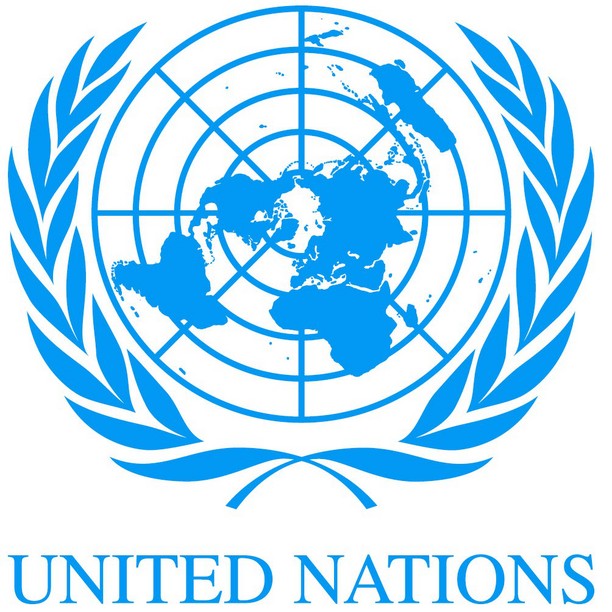
The United Nations has issued a report on extreme poverty and human rights in the United States of America. The report blamed American poverty on politics. The US immediately dismissed the UN report, saying it’s “ridiculous” for the intergovernmental body to analyze American poverty.
The following analysis focuses primarily on the federal level. It is nonetheless ironic that those who fight hardest to uphold state rights also fight hard to deny city and county rights. If the rhetoric about encouraging laboratories of innovation is to be meaningful, the freedom to innovate cannot be restricted to state politicians alone.
Punishing and imprisoning the poor is the distinctively American response to poverty in the twenty-first century. Workers who cannot pay their debts, those who cannot afford private probation services, minorities targeted for traffic infractions, the homeless, the mentally ill, fathers who cannot pay child support and many others are all locked up. Mass incarceration is used to make social problems temporarily invisible and to create the mirage of something having been done.
It is difficult to imagine a more self-defeating strategy. Federal, state, county and city governments incur vast costs in running jails and prisons. Sometimes these costs are “recovered” from the prisoners, thus fuelling the latter’s cycle of poverty
and desperation. The criminal records attached to the poor through imprisonment make it even harder for them to find jobs, housing, stability, and self-sufficiency.
Families are destroyed, children are left parentless and the burden on governments mounts. But because little is done to address the underlying causes of the original problem, it continues to fester. Even when imprisonment is not the preferred option,
the standard response to those facing economic hardship is to adopt policies explicitly designed to make access to health care, sick leave and welfare and child benefits more difficult to access and the receipt of benefits more stigmatizing.
A cheaper and more humane option is to provide proper social protection and facilitate the return to the workforce of those who are able. In the United States, it is poverty that needs to be arrested, not the poor simply for being poor.
